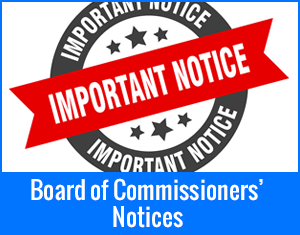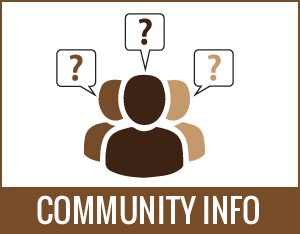
- By Dewanna Hamlin
- Posted Monday, November 24, 2025
Domestic Violence During the Holiday Season
The holiday season is a time of celebration for some but can lead to additional stress for others. This time of year can be especially difficult for relationships that are already impacted by power, control, abuse and violence.
Domestic violence is a pattern of learned behavior in which one partner/family member attempts to exert power and control over their partner or family member. A cycle of unhealthy behaviors and exchanges may lead to physical injuries, sexual assaults, psychological or emotional harm, and even death. Domestic violence happens across race, age, profession, religious beliefs, education, income level and gender.
Holiday Risk Factors for Abuse
Financial Woes
Financial stress adds strain to relationships that may trigger violent behavior and/or tactics to control finances. Pressure to meet societal or family expectations may raise tension within the relationship.
Heightened Emotions
Holidays can be exciting and emotionally draining. A façade of perfection may be needed to maintain a cheerful demeanor. The inability to keep up appearances may intensify and escalate conflict, leading to physical violence.
Alcohol Consumption
It’s no surprise that the holidays include increased intake of alcohol or other substance use that can impair judgment and be a risk factor in domestic violence.
Family Dynamics
Families have many different styles of communication and patterns of relating, including some that are unhealthy and toxic. The presence of family members or friends may reveal or provoke abuse that has been kept hidden. In other situations, abuse may be “the norm” and cause victims to be reluctant to seek help.
Fear of Conflict
Holidays are often focused on the illusion of togetherness and the re-creation of happier times. It may be difficult for victims to leave dangerous relationships or confront conflict for fear of “ruining” the holidays for children and other family members.
How to help abuse victims
It can be difficult to know what to say to a friend or family member who discloses abuse. Here are some key phrases that show concern:
“Thank you for sharing what happened to you.”
“I believe you. What happened to you is not ok.”
“It’s not your fault.”
“I’m concerned for your safety and the safety of your children.”
“Real love is never violent, abusive or controlling. Ever.”
“How can I support you? How can I help?”
Do’s and Don’ts
- Do have conversations in private.
- Do refer your loved one to a victim service provider or family justice center that is trained to handle crises and help with safety-planning.
- Do express concern, empathy, and compassion.
- Don’t confront the abuser. The abuser may “punish” your loved one publicly and/or privately for disclosing abuse or turn violent against innocent bystanders.
- Don’t tell your loved one what to do: Leaving an abusive partner is statistically the most dangerous time, with a significant increase in homicides and violence occurring around the time of separation. Perpetrators may resort to extreme acts to regain control. The period immediately following a break-up is particularly high-risk.
Where to get help
Bridges to Hope Family Justice Center
M-F, 8:30 am-4:30 pm
(336) 776-3255
725 N. Highland Ave., Annex 1
National Domestic Violence Hotline 1-800-799-SAFE (7233)
Family Services 24-hour Crisis Line 336-723-8125
Next Step Ministries 24-hour Crisis Line 336-413-5858






